
Caption
Learn how to make jam with this simple two-ingredient recipe!
Subhead
Small batch jam with two ingredients | For fridge or freezer
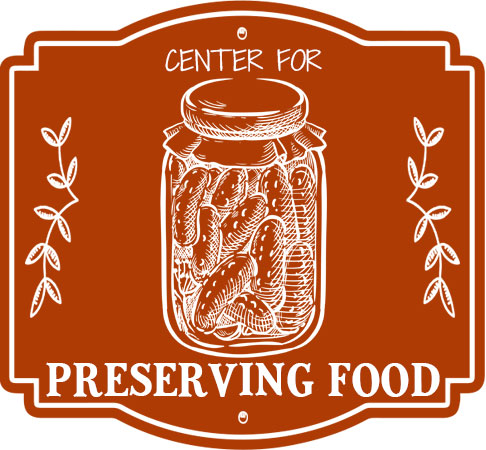
Introduction to Preserving
Freezing
Making Quick Pickles
Making Quick Jams: Refrigerator or Freezer Jam
Vinegars
Water-Bath Canning
How to Can Tomatoes
How to Can Pickles
How to Can Jam and Jelly
Drying
Salting and Brining
Fermenting
More Like This
I really love the Berry Pictures which go with the Recipes; ty~)
If you are storing in refrigerator they do not need to be processed. You are more less treating it like "freezer jam" at that point. Alternatively, a wax seal could be used but that has a limited shelf life. Also, the standard formula is 2 parts fruit to 1 part sugar by ratio. Adding lemon/lime juice helps the natural pectin in the fruit "work". The ratio with all three would be 2 pounds of fruit to 1 pound of sugar to juice of 1 lemon. This is an easily scalable formula.
I love cranberry sauce but having type 2 diabetes I stay away from the canned stuff. When I found out how easy it was to make my own I was happy as a pig in, well, cranberry sauce! The first time I used a box of sugar free strawberry jello to sweeten and gel the berries. Pretty good stuff. Then I tried it just using the yellow packets of sweetener; no sugar, no pectin. Even adding some water or fruit juice didn't seem to cause a problem with the cranberry sauce gelling. I know, I know; artificial sweeteners are bad for you, but it's not like a have a half cup of the stuff every day. I store it in the fridge and it lasts for weeks, or probably would if I didn't gobble it up so quickly. Hmmm, maybe I do have too much. LOL! Maybe they have a lot more pectin in them than the other berries so they gel without the sugar.
I'm sorry to say that you do have to process the jam in a water bath for 10 min. Also it is recommend by the manufacturer not to boil the lids anymore. I hope you read up on the current safety of canning before someone gets sick.
After I boil my jars & lids for 10 minutes, do I need to let them cool before I put the jam in them or do they need to be hot??? Recipe sounds great! Going to give it a try. : )
We make jam using just fruit, no sugar, no pectin. Plums cooked down in a crock pot till jam consistency, also plum/sour cherry jam done the same way.
Where are you cooking? Have you and your son been kidnapped and held against your will in a dungeon? Do you need help?!
can the sugar be replaced with something else like honey?
How do you adjust the sugar when straining the seeds put of the pulp?
- « Previous
- 1
- 2
- …
- 10
- Next »

.jpg)

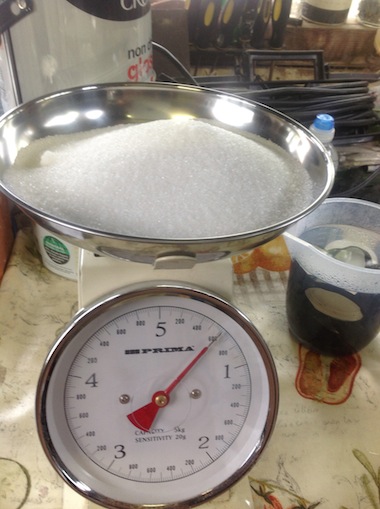
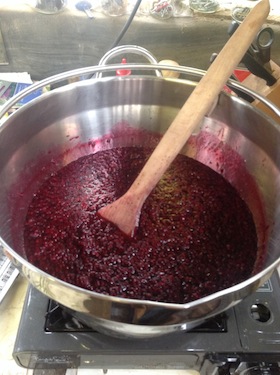
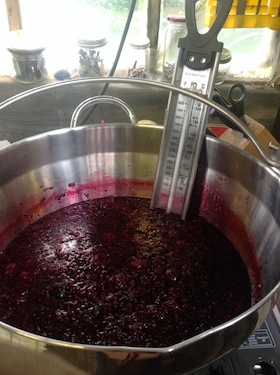
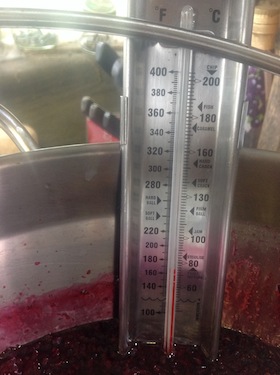
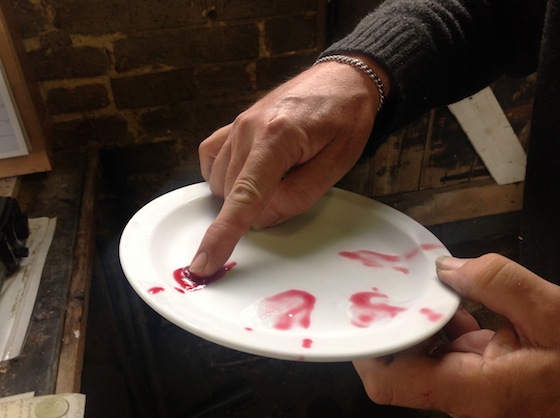
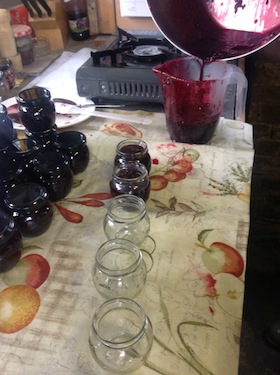
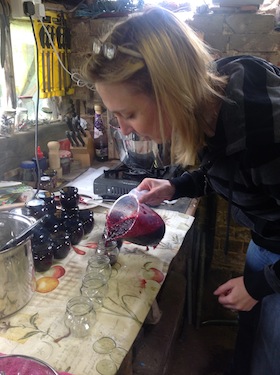
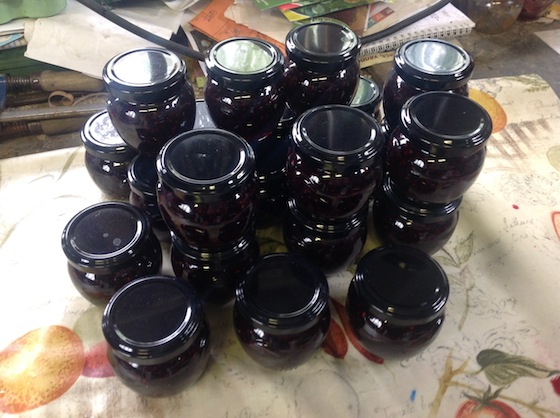

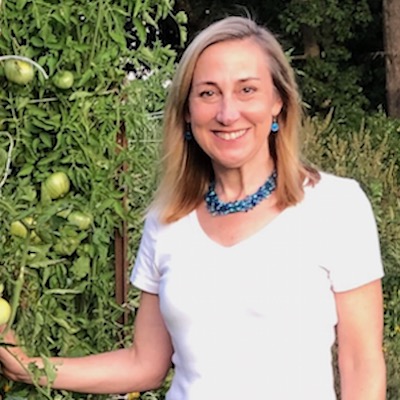



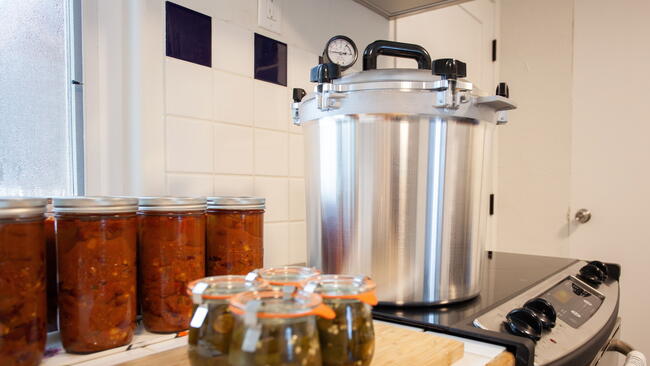




Comments